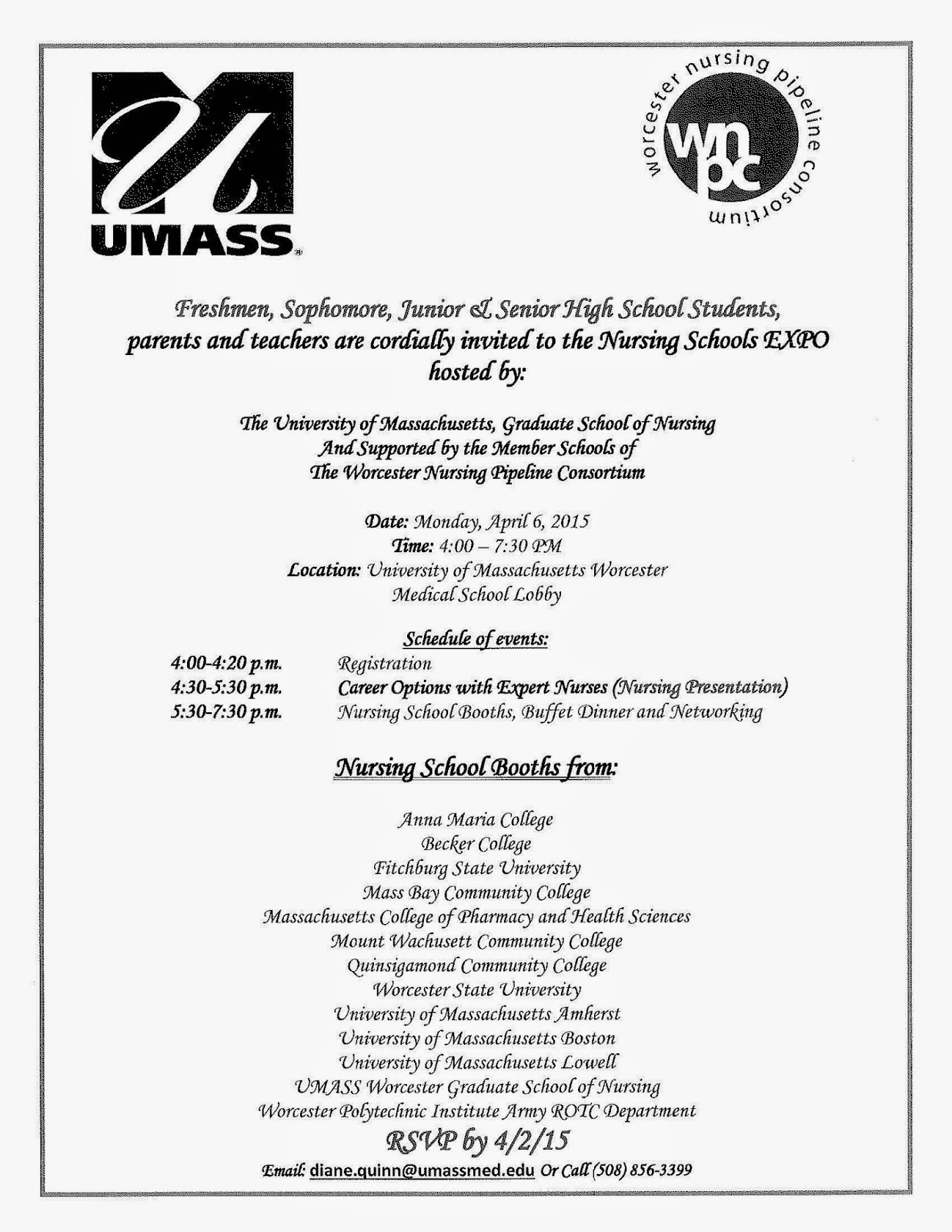Believe it or not, we are nearing the end of Term 3! Spring is on its way (we hope!) and our seniors are thinking about graduation and life after high school. As school counselors, we hope that we have given students the skills and tools they will need to become productive young adults and contribute to their local communities and the greater society. One of the most important privileges that comes along with adulthood is voting.
- The more young people who vote, the more politicians pay attention to issues that affect young people. Politicians tend to be interested in people and groups who might be able to keep them in office.
- Elections influence key issues. Security, health care, budgets, taxes, the environment - these are all things that affect everyone, no matter their ages.
- Democracy only works properly when everyone gets involved. You have the right to be part of the decision making at the local, state, and federal levels - use it! Young people in other parts of the world are fighting for this right every day.
- If you don’t use your right to vote, you lose your right to question or be critical of the government. Don’t like the ways things are being done? Your vote can help to make a change.
Fifty-one percent of this year’s graduating class at Nipmuc has already reached the age of majority. Another 25% will turn 18 before graduation. Registering to vote is a great first step to becoming an informed and active citizen. You can register in person or by mail. Click here to start the process!





